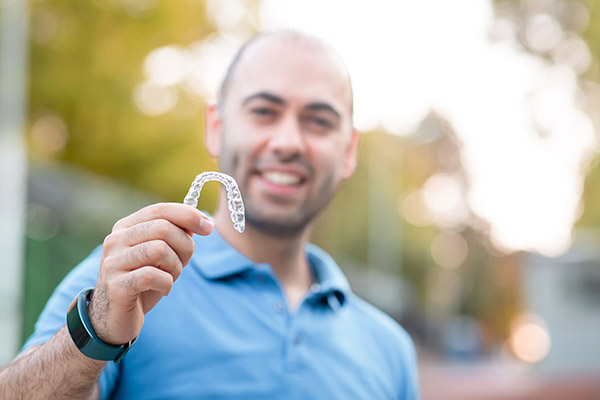 Gum bleeding signifies that you must visit the emergency dentistry office immediately. The dentist will examine your mouth to determine if the bleeding is due to simple irritation or a more severe condition. If your gums are bleeding, you must see a doctor immediately so the problem does not worsen. This article explains why anybody experiencing bleeding gums should seek immediate dental care.
Gum bleeding signifies that you must visit the emergency dentistry office immediately. The dentist will examine your mouth to determine if the bleeding is due to simple irritation or a more severe condition. If your gums are bleeding, you must see a doctor immediately so the problem does not worsen. This article explains why anybody experiencing bleeding gums should seek immediate dental care.
Potential causes of bleeding gums
Gingivitis, the first stage of gum disease, is often characterized by bleeding gums. Inflammation of the gums, or gingivitis, is a frequent dental problem. Gum bleeding is typically caused by plaque and tartar build-up along the gumline. Plaque is a bacterial film that builds up on teeth and causes gum irritation while combining with food particles to create acids that erode tooth enamel and make both the gums and teeth more sensitive.
When plaque accumulates and mineralizes, it turns to plaque. The gums become red, swollen, and sensitive due to the inflammation caused by plaque build-up. Additionally, foul smell, gum recession, and tooth sensitivity are all related to bleeding gums. Without treatment, the condition may progress to periodontitis. Teeth may fall out due to periodontitis because the disease destroys the gums and bones that hold them in place. Some more causes of bleeding gums include:
- Inadequate or incorrect flossing
- Alterations in hormone levels during pregnancy
- Vigorous brushing
- Using anticoagulant meds
- Infection
- Malocclusion
- Heart Disease Nexus
- Malnutrition
- Smoking
- Vitamin C or vitamin K deficiencies
- Diabetes
The American Academy of Pediatrics estimates that 75 percent of adults and 80 percent of children have bleeding gums at some point. Gum disease, often brought on by neglectful dental care, develops slowly and quietly. Therefore, maintaining good dental hygiene is crucial to halting this illness's spread.
Gum bleeding may indicate a more serious health problem. Untreated periodontal disease may aggravate diabetes, making it a vicious cycle. Research shows that gum health can also create or worsen cardiovascular conditions (i.e., heart disease). Inflammation throughout the body can also result from bleeding gums.
Treating gum disease and bleeding
Bleeding gums are a severe medical issue that requires immediate care in an emergency dentistry office. The dentist will thoroughly clean the patient's mouth, including the gums and teeth, to eliminate any tartar or plaque build-up. In addition to administering antibiotics, the dentist may perform scaling and root planing to restore the patient's gums.
Regular dental checkups and diligent at-home oral hygiene routines can eliminate the possibility of gum bleeding. Proper dental hygiene involves using fluoride toothpaste, a soft-bristled toothbrush twice daily, and regular flossing.
Final note
Contact an emergency dentistry office without delay if you have bleeding gums from gingivitis or an oral injury. The dentist will check your gums and teeth for any signs of illness or bleeding, then suggest the proper treatment. In addition, have your dentist look for gum disease symptoms during regular examinations so you can get quick treatment and avoid future complications.
Request an appointment or call Summit Family & Cosmetic Dentistry at 908-516-3833 for an appointment in our Summit office.
Related Posts
Restorative treatments encompass a broad range of dental procedures designed to help patients recover oral health and self-esteem via improved aesthetics. Patients who have suffered oral damage due to tooth decay, gum disease, or trauma might benefit from restorative therapy. Visiting the emergency dentistry office as soon as possible is advisable to restore oral health…
Emergency dentistry can provide dental care during unexpected dental crises. Unfortunately, not all dentists can provide care at any time. That is why some people try to restore their own dental health at home. But the healthiest way to resolve a dental problem is to seek professional care.If patients want to know why they should…
Emergency dentistry is an excellent option if you have a chipped, cracked, or broken tooth. An emergency dentist can help to fix your tooth and prevent further damage. If you have a tooth that is damaged, it is essential to visit an emergency dentist as soon as possible. The sooner you visit an emergency dentist,…


